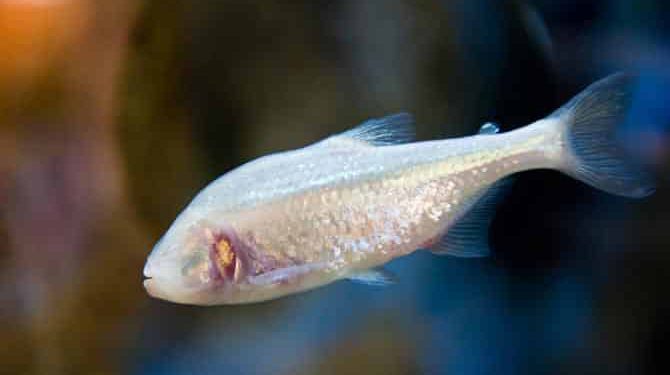Scientists are studying an insomnia-resistant fish to develop methods that could help humans stay awake all night.
by Techno TV - February 20, 2022
A recent study published in eLife reveals groundbreaking findings from neuroscientists at Florida Atlantic University. They have identified the "first evidence of genetic and neuronal changes contributing to the evolution of sleep loss." This discovery was made through research on the Mexican tetra, a fish species with both surface-dwelling and cave-dwelling populations. The cave-dwelling fish, living without sunlight, require only two hours of sleep every 24 hours, unlike their surface-dwelling counterparts, which need eight hours of sleep similar to humans.
The research focused on a neuropeptide called hypocretin (HCRT). Scientists found that the cave-dwelling fish had higher HCRT protein levels compared to their sun-loving relatives. By exposing both populations to drugs blocking HCRT receptors, researchers demonstrated that the evolution of sleep patterns is influenced by neural and genetic differences, and these behaviors can be altered with drugs.
Remarkably, cavefish endure significant sleep loss without apparent health consequences. This insight could pave the way for developing stimulants that mimic these natural mechanisms, allowing humans to stay awake without the usual negative effects associated with sleep deprivation.
This research might lead to the creation of a drug in the future, enabling individuals to stay alert and active for extended periods, whether in a library or a nightclub, without compromising their health.
Subscribe to our Newsletter
Gain access to exclusive interviews with industry creatives, think pieces, trend forecasts, guides and more.
